Haryana has crossed 500 dengue cases, with Rewari being the worst-affected district. No deaths reported so far; the government is stepping up preventive measures including testing labs, awareness drives and vector control.
The Numbers So Far
Dengue cases in Haryana have crossed the 500 mark, raising concerns across districts. As of today, the state has reported 509 confirmed cases.
- Rewari tops the list with 142 cases, making it the worst-affected district.
- Gurgaon follows with 51 cases, reflecting a steady rise in the Millennium City.
- Sonipat and Rohtak reported 37 cases each.
- Smaller clusters have also been detected in Karnal, Panchkula, and Ambala.
Encouragingly, no dengue-related fatalities have been reported so far. Of the total, 209 patients have recovered, while 23 remain hospitalised under observation. The majority are being treated as outpatients.
State Response: Multi-Pronged Strategy
The Haryana health department has mounted a comprehensive response, combining medical infrastructure upgrades with community awareness.
- Dengue Declared Notifiable: All suspected cases must be reported to authorities for immediate action.
- Testing Expansion: 27 designated labs across the state are conducting free testing to ensure quick diagnosis.
- Free Platelet Therapy: Available at government hospitals for patients with severe dengue and low platelet counts.
- Fogging and Vector Control: Fogging machines and larvicidal measures deployed across high-risk zones.
- Awareness Drives: Community outreach urging people to avoid stagnant water, cover water containers, and use mosquito repellents.
- Source Reduction Campaign: Covering over 2.8 crore homes, focusing on eliminating mosquito breeding sites.
Health Minister Anil Vij stressed:
“Prevention is key. With community participation and vigilant surveillance, we can keep fatalities at zero and cases under control.”
Gurgaon: A Growing Concern
Gurgaon’s urban density and waterlogging after monsoon rains have heightened the challenge. Local hospitals report a daily rise in patients presenting with dengue-like symptoms—fever, body ache, nausea, rashes, and fatigue.
Private hospitals in the city are also seeing increased admissions, prompting the government to remind residents that treatment in government facilities is both free and reliable.
Municipal authorities have intensified fogging drives in residential colonies, construction sites, and market areas, where stagnant water is common.
Public Health Advisory
Officials urge residents to adopt the following precautions:
- Avoid water accumulation in coolers, flower pots, and open containers.
- Use mosquito nets and repellents, especially during early mornings and evenings.
- Seek early medical care for fever and body pain—avoiding self-medication.
- Wear long-sleeved clothes to reduce mosquito exposure.
Doctors emphasize that early diagnosis and hydration are key to avoiding complications.
Seasonal Vigilance
With monsoon conditions still active, officials warn that the next few weeks are critical. Historically, September and October see a spike in dengue cases across north India.
The state government is stepping up surveillance in schools, housing societies, and rural clusters to ensure vector control remains consistent.
Experts Weigh In
Public health experts believe the key lies in long-term behavioural change.
Dr. Rakesh Ahuja, epidemiologist, told Sarhind Times:
“Each year we fight dengue with fogging and awareness, but the root cause—stagnant water management—needs community ownership. People must internalize that prevention begins at home.”
Others note that climate change and rapid urbanization are aggravating dengue’s spread, making outbreaks more frequent and widespread.
Closing Thought
Haryana’s dengue situation is serious but manageable. With over 500 cases already recorded, and Gurgaon among the top affected districts, the next phase of the fight hinges on public vigilance, timely medical intervention, and community cooperation.
The fact that no deaths have occurred so far is encouraging, but experts caution that complacency could reverse these gains. As officials put it: “Kill the mosquito, not the time.”
#DengueAlert #HaryanaHealth #PublicHealth #Gurgaon #VectorControl #StateResponse #StopDengue #MonsoonDiseases

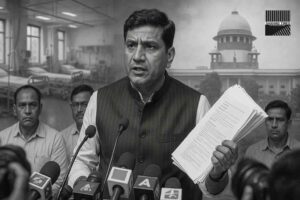



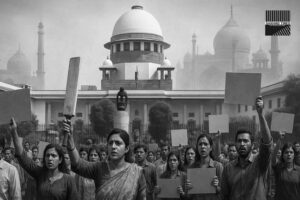





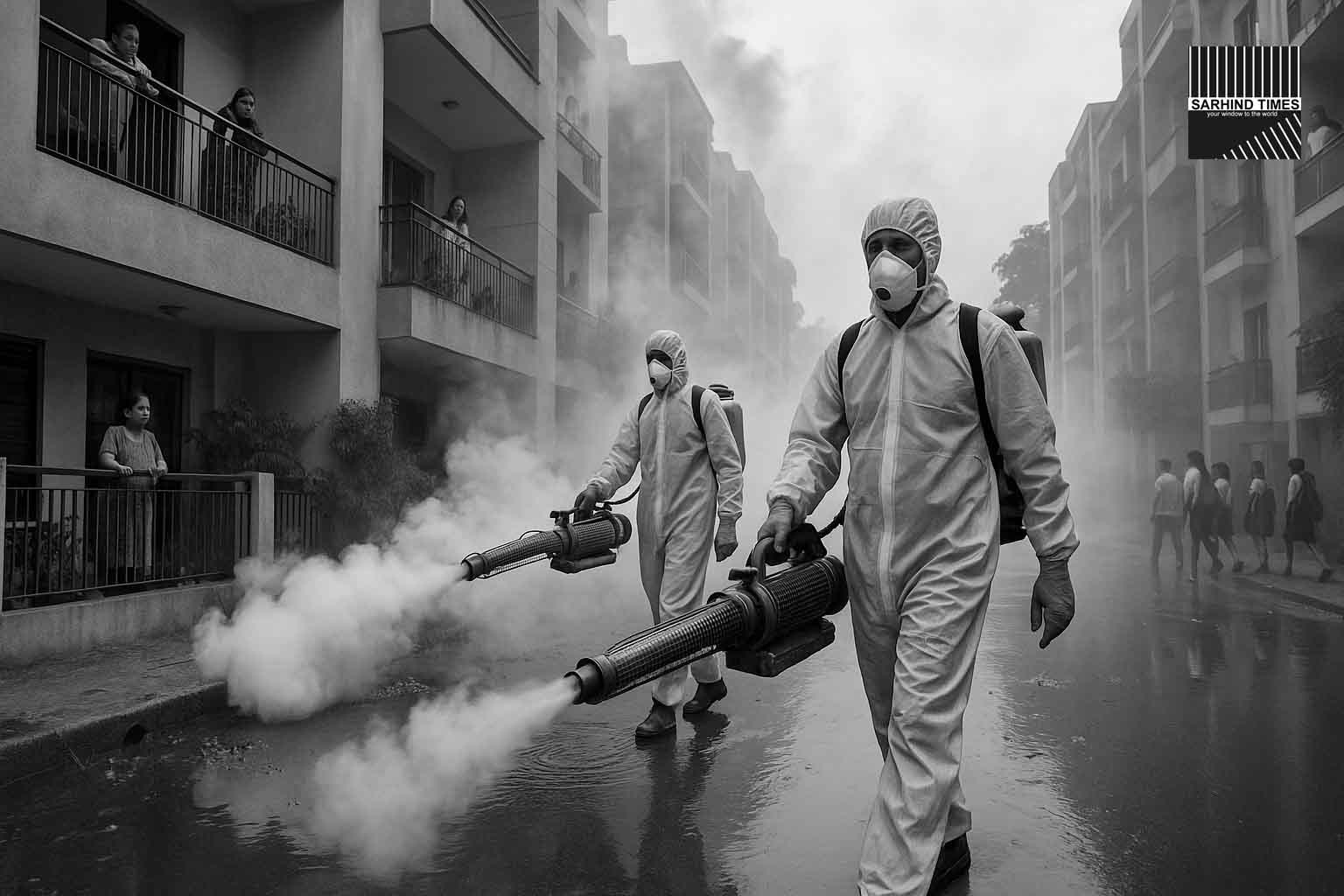

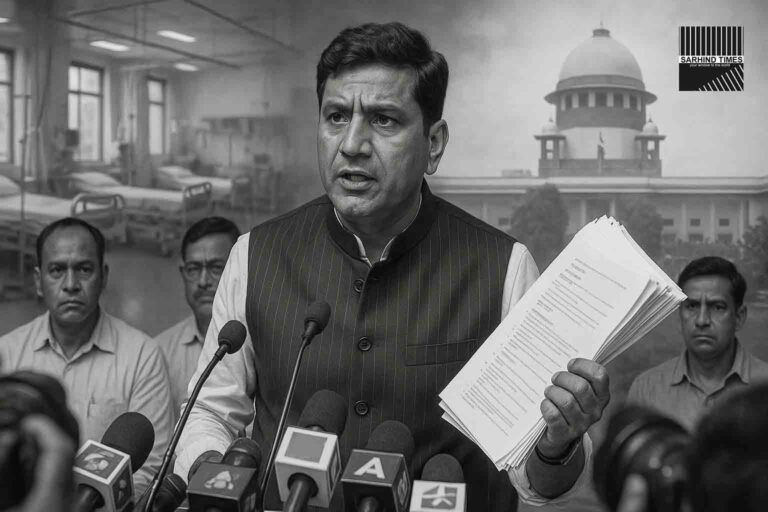
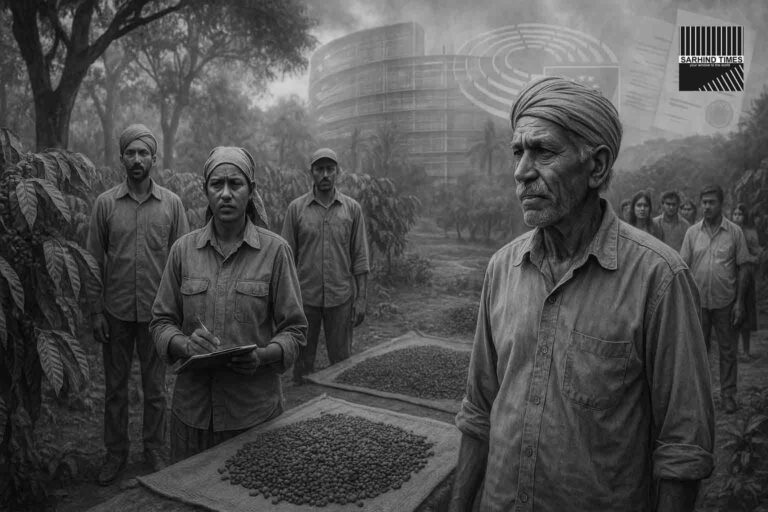

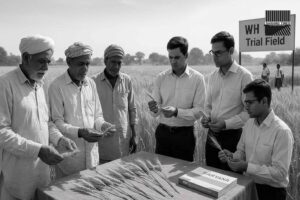


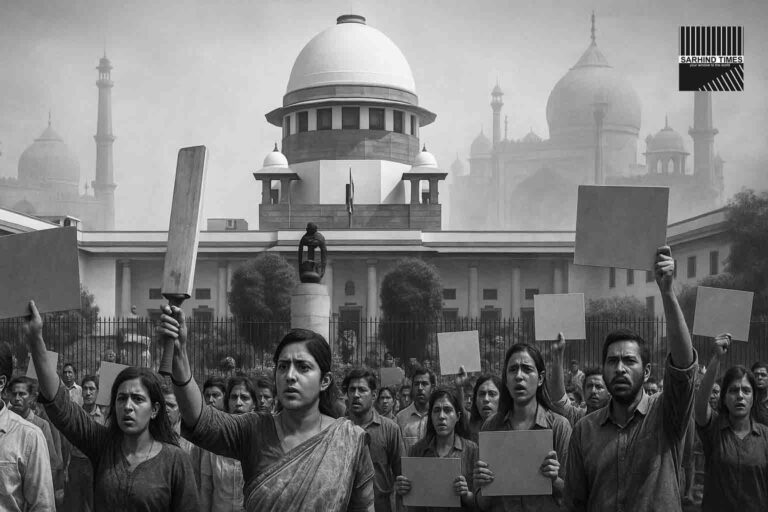


+ There are no comments
Add yours